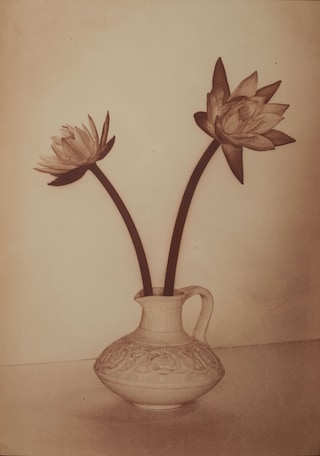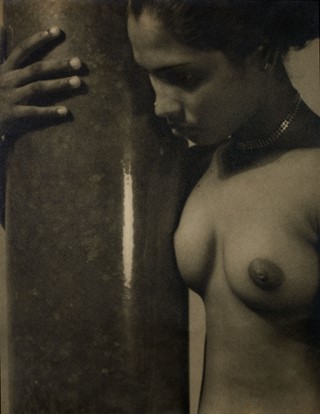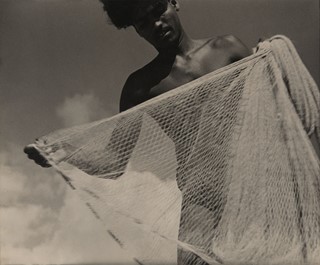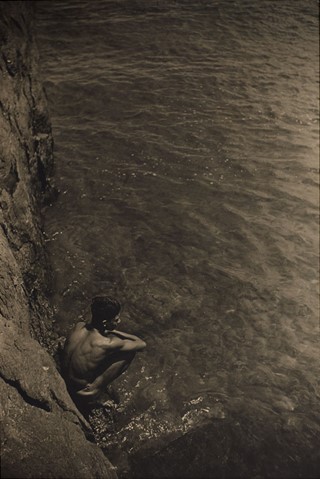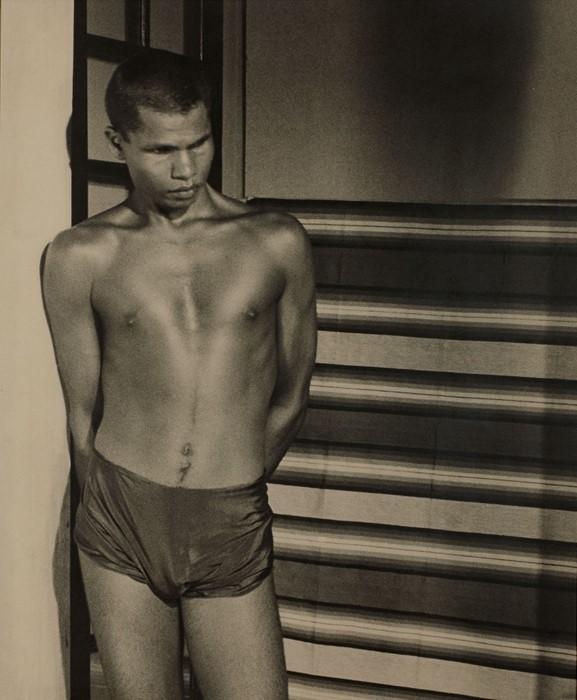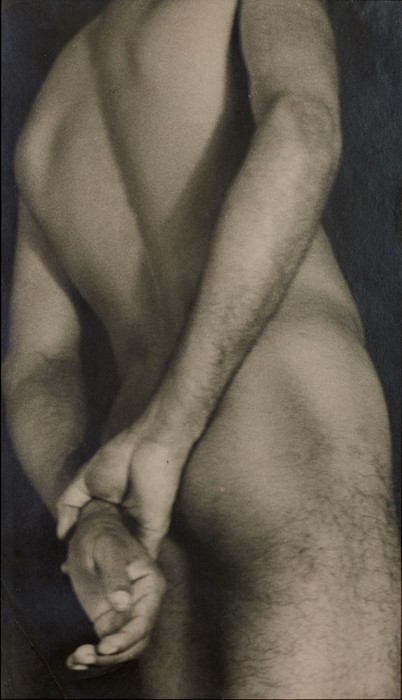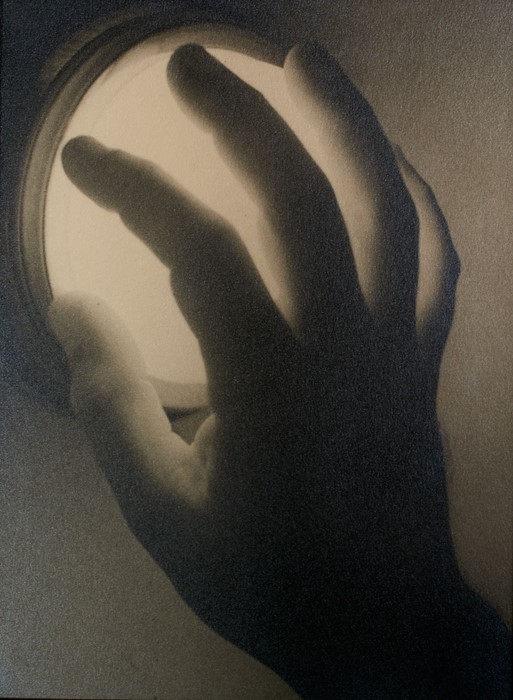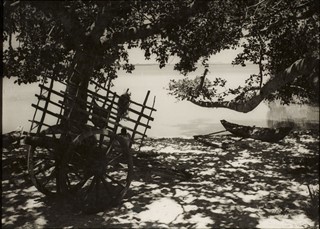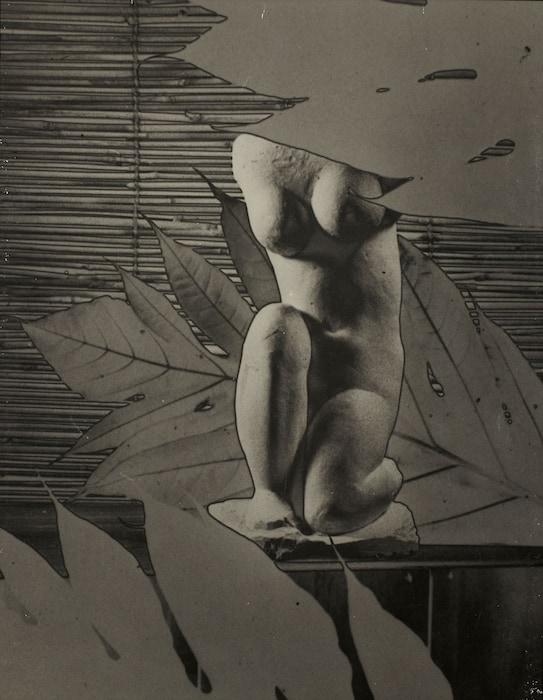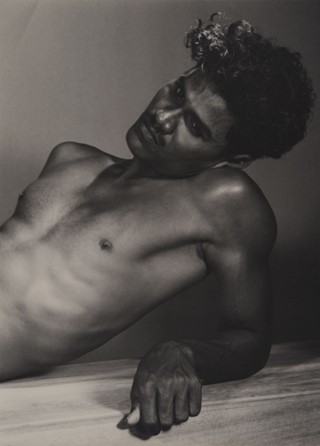Lionel Wendt only came to photography in the latter half of his short life. Born in 1900 in Colombo, Wendt first trained as a lawyer and then as a concert pianist. By the 1930s he had become a driving force for the Ceylonese modern art movement, but died in 1944 of a heart attack. Though he compiled his body of extraordinary work in under 15 years, his radical and tender portrayal of the male body was impactful, while his campaigning for artistic progression in Sri Lanka pinpointed him as a huge artistic force of his time. His work is provocative in both content and form and naturally caught the attention of creative director Jonathan Anderson who has selected Wendt as one of three artists to showcase at Loewe’s Chance Encounters III during Miami Art Basel. Shanay Jhaveri, curator of South Asian art at the Metropolitan Museum, New York, is an expert on Wendt’s work and gave consul to Anderson during the curation – we caught up with him to mark the show’s opening.
Jhaveri came across Wendt seven years ago and was “struck by the unconventional and unique nature of his practice,” he explains. “I was compelled by Wendt’s photographs and how his treatment and investigation of the medium of photography was distinct from what were the then accepted professional and aesthetic standards of 19th century photographic practices that portrayed Ceylon in picturesque or ethnographic terms.” He covered various subjects and media: soft yet candid nudes – mostly male, often homoerotic – captured up-close; solarised portraits that resemble negative prints; and photomontage depictions of still life scenes. Each served to explore the photographic medium, and pushed it into the world of abstraction.
Though he was an experimenter, he was also a key figure in the political landscape of art in South Asia, Jhaveri explains. In addition to co-founding the Photographic Society of Ceylon in 1935, Wendt opened the modern photographic studio Chitrafoto for the Associated Newspapers of Ceylon in 1938 and brought together the 43 Group – a collective of Ceylonese Modernists, artists and intellectuals established in 1943. “He also wrote newspaper articles in which he voiced his disapproval of ‘official’ art in Britain and Ceylon and wrote a fortnightly page on photography.” As Wendt’s friend and poet Pablo Neruda wrote in his memoirs, Wendt “was the central figure of a cultural life torn between the death rattles of the Empire and a human appraisal of the untapped values of Ceylon”.
Anderson includes Wendt’s work alongside that of ceramic sculptor Sara Flynn and installation artist Richard Smith, in the third of Loewe’s shows to join the Miami Art Basel roster. It’s a natural fit, as Jhaveri explains: “Wendt’s work and aesthetic seems to align with a larger group of artists that Jonathan has been tracking that approach form in a disjunctive way [for the time] but also who are committed to picturing the sensual in one way or another.” Bringing under-celebrated Wendt to the Miami Art Basel scene is just another example of Anderson’s endless pursuit to connect the dots between art and fashion, and draw our attention to the cultural enablers of, and from before, our time.
Chance Encounters III runs until February 4, 2018 at Loewe’s Miami Design District store.
